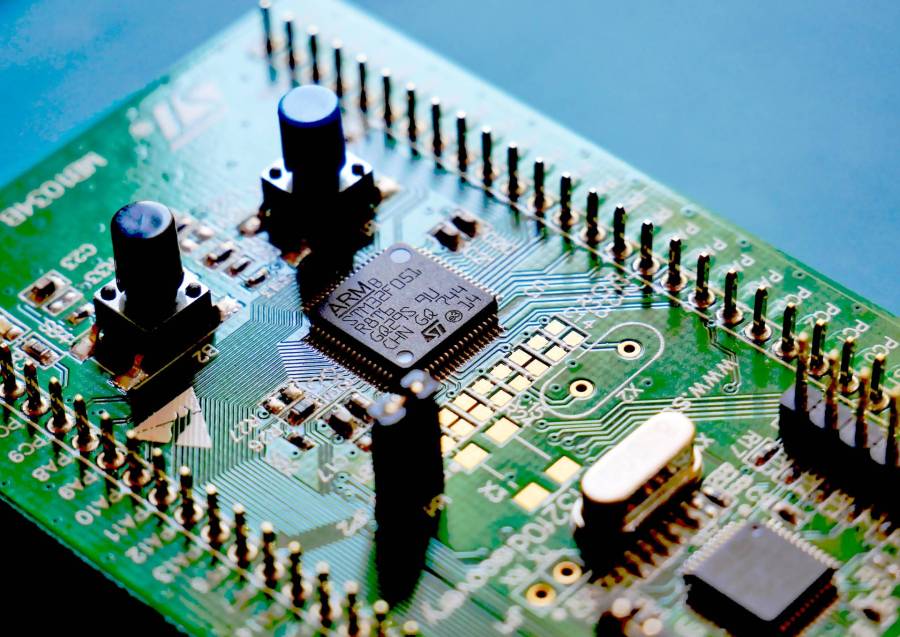While still working as Extreme’s manager for former Soviet republics, Sergey Gusakov established his own company, Vektor-T, in April 2022 to supply Russian clients with IT equipment. This move, unbeknownst to Extreme Networks, allowed Gusakov to continue doing business in Russia despite the company’s public stance of suspending all operations in the country. Vektor-T, which generated revenue of around $1 million in its first year, sells IT equipment assembled in China, containing U.S. microprocessors, to Russian clients.
The presence of U.S. microprocessors in the IT equipment sold by Vektor-T highlights the limitations of U.S. trade restrictions on technology sales to Russia. While U.S. chip companies have banned direct sales to the country, their microprocessors have found their way into the Russian market through Chinese manufacturers. This loophole undermines the effectiveness of export control measures and raises questions about the efficacy of voluntary export bans by tech companies.
Vektor-T’s IT equipment is assembled by Yunke China Information Technology Ltd, operating under the DCN brand name. The products sold by Vektor-T bear a striking resemblance to those sold by DCN, as evidenced by photographs obtained by Reuters. These photographs reveal the presence of U.S. microprocessors from Marvell Technology Inc and Lattice Semiconductor Corp in the switches sold by both companies. DCN confirms its export of products to Russia but remains silent on its business relationship with Vektor-T.
Extreme Networks is currently investigating Sergey Gusakov’s side activities and the potential violation of company rules. The existence of these activities, if proven, could tarnish Extreme Networks’ reputation, particularly in the context of the ongoing conflict in Ukraine. Extreme Networks spokespersons have emphasized the company’s commitment to complying with U.S. export controls and have distanced the company from Vektor-T’s operations, claiming they are beyond their control. However, questions remain about Gusakov’s current status with the company.
Marvell Technology, a Delaware-based company, denies selling directly to Russia and asserts that all its distributors and their customers in China must certify that products will not be resold to Russia. However, Marvell acknowledges the possibility that products could be further resold to unknown entities. Lattice Semiconductor, on the other hand, claims full compliance with U.S. export regulations and has ceased all sales to Russia since the invasion of Ukraine. The company refrains from commenting on its relationship with DCN.
The revelations from this investigation highlight the need for stronger trade controls to prevent the circumvention of export restrictions. The use of third-party suppliers and the complex web of technology trade pose challenges to effectively implementing and enforcing export controls. It is imperative for governments and tech companies to collaborate and devise robust measures to close these loopholes and prevent the flow of restricted technology into countries under sanctions.
First reported on US News


















